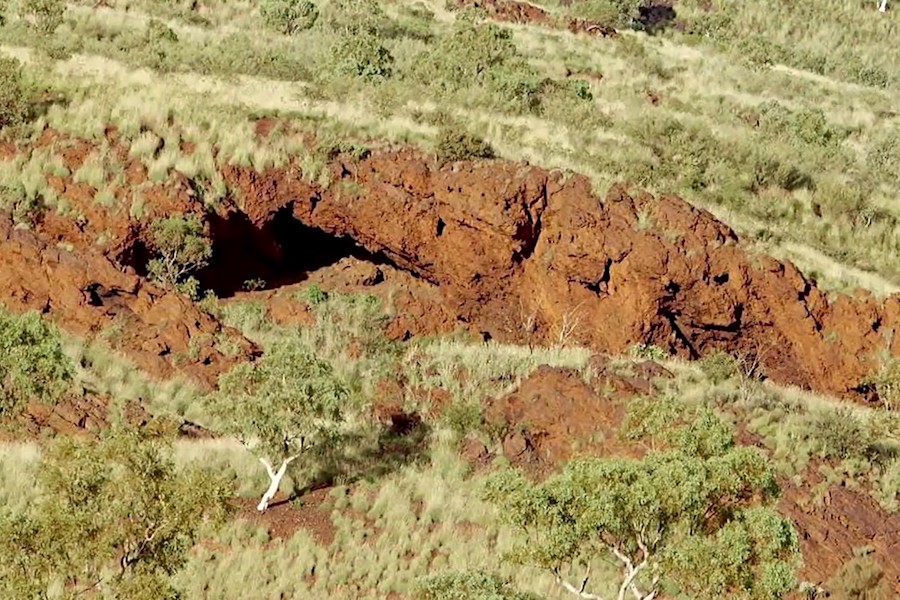Australian Aboriginal group opposes billionaire miner’s plan to build dams

The Australian Aboriginal group whose sacred rock shelters Rio Tinto destroyed last year rejected a plan by mining company Fortescue’s founder Andrew Forrest to build dams along a river in the same region, citing the cultural damage it would cause.
Australia is considering new legislation to protect Aboriginal heritage after Rio, in the process of building an iron ore mine, destroyed the 46,000-year-old sites in Western Australia state that had been among the oldest evidence of global human habitation.
Australia’s richest man, Forrest, who is chairman and the largest shareholder of iron ore miner Fortescue Metals Group , has applied to the state government to build a series of weirs, or low dams, along a river that runs through his cattle property to control water flow.
The plan has met with opposition from the Thalanyji traditional owners and was rejected by the minister for Aboriginal Affairs, a decision that Forrest is now appealing.
“The Puutu Kunti Kurrama and Pinikura Peoples strongly oppose the plan by Andrew Forrest to construct 10 weirs along the Ashburton River on his pastoral lease of Minderoo Station,” the PKKP said in a statement issued on Sunday. “What is not widely understood outside of Aboriginal history and cultural knowledge, is that any impact on a river downstream will have a devastating effect all along the river and forever change the entire ecosystem for the traditional owners upstream.”
A spokesman said Forrest’s philanthropic Minderoo Foundation had a strong desire “to work in a cooperative manner with the Thalanyji People… to preserve heritage at Minderoo Station and the natural landscape, whilst developing sustainable agriculture in a challenging environment currently experiencing prolonged drought conditions.”
The Ashburton river and its tributaries flow through the terrain of many language groups in the Pilbara and include sacred sites, the PKKP said.
“The creation of the river by the Warlu (snake) means that it must be free to flow, and the fish and eels can travel along it. The Creation stories must not be broken, and the water flow must not be blocked or the Spirit of the Warlu will affect all people along this river,” the PKKP said, explaining their beliefs.
(By Melanie Burton; Editing by Muralikumar Anantharaman)
{{ commodity.name }}
{{ post.title }}
{{ post.date }}




Comments